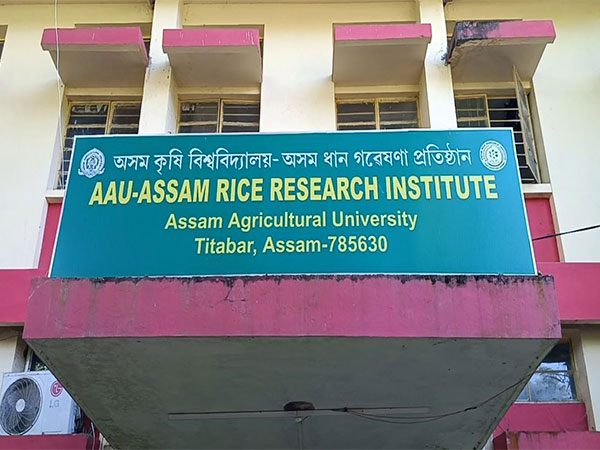Century-Long Legacy: Assam's Rice Revolution
Assam Rice Research Institute in Titabar has developed over 45 rice varieties, enhancing the resilience and profitability of rice farming. Celebrating its centenary, the institute is noted for popular varieties like Ranjit and Bahadur, adaptive to challenging conditions, benefiting farmers in northeastern India and beyond.

- Country:
- India
The Assam Rice Research Institute in Titabar, rooted in the heart of Jorhat district, has long been a pillar in advancing rice cultivation. Having developed over 45 rice varieties, the institute ensures rice farming's resilience and profitability across diverse environmental conditions. It houses a genetic treasure of around 7,000 rice germplasms, including 2,000 indigenous types, serving as a foundation for high-yield, adaptive, and disease-resistant rice strains.
Dr. Fuleshwar Nath, the institute's Chief Scientist, emphasized the organization's focus on generating technology to benefit farmers. Among the standout achievements are rice varieties such as Ranjit and Bahadur, famed for their adaptability and high yields, becoming essential in Assam and neighboring regions. Further innovation includes Labanya, a purple rice variant beneficial for diabetics due to its low glycemic index.
Marking its centenary in 2023, the institute traces its origins to 1923, celebrating a storied legacy of agricultural innovation. Its independent operation from the government focuses on technological advancements that elevate farmer prosperity. Despite limited production capacity, the output from its 40 hectares provides crucial support to farmers, who report substantial improvements in crop yields and food security thanks to improved hybrid varieties.
(With inputs from agencies.)










